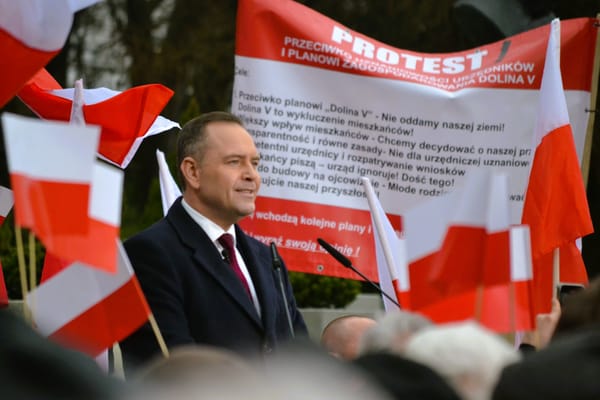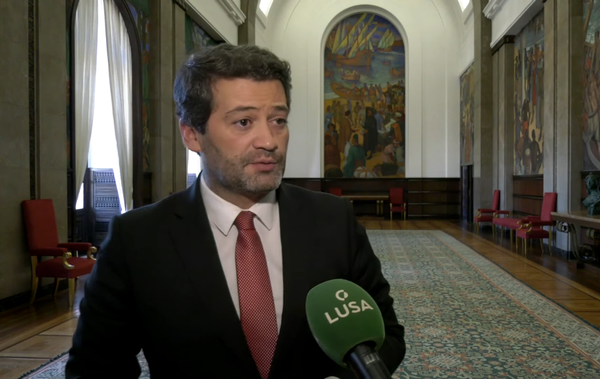Babiš set for comeback: victory for conservatives in Czechia
In a stunning political reversal, billionaire Andrej Babiš and his ANO party are poised to reclaim power in the Czech Republic, as discontent with the ruling class shifts voter sentiment dramatically.

Preliminary results show ANO capturing roughly 34-35% of the vote — a commanding lead over outgoing Prime Minister Petr Fiala’s coalition, which trails with about 23%.
Babiš intends to form a government, potentially relying on support from right-wing parties like the Motorists (AUTO) and Freedom and Direct Democracy (SPD) to clinch a parliamentary majority.
Shifting policy and alliances
Although ANO broadly maintains a pro-European and pro-NATO posture, Babiš has made clear his opposition to Czech military aid for Ukraine and criticized the EU’s climate and migration agenda.
His strategy reflects his alignment with other Central European politicians like Viktor Orbán and Robert Fico, seeking to build a bloc resistant to Brussels’ mandates.
Challenges ahead
Despite the momentum, Babiš must still overcome legal and ethical obstacles: lingering corruption allegations, conflicts of interest, and questions about ANO’s internal discipline may complicate governance.
Additionally, his ability to form a stable majority depends on whether potential partners — some with hardline stances — are willing to back him, at least passively.
A turning tide in Central Europe
Babiš’s rebound signals a broader reawakening across the region. Voters are increasingly fed up with technocratic elites who ignore cultural identity, national sovereignty, and the social costs of open borders.
If Babiš does return to power, Czechia may take a sharper turn toward defending national interests over EU dictates. This election could mark the moment the pendulum truly swings back.





